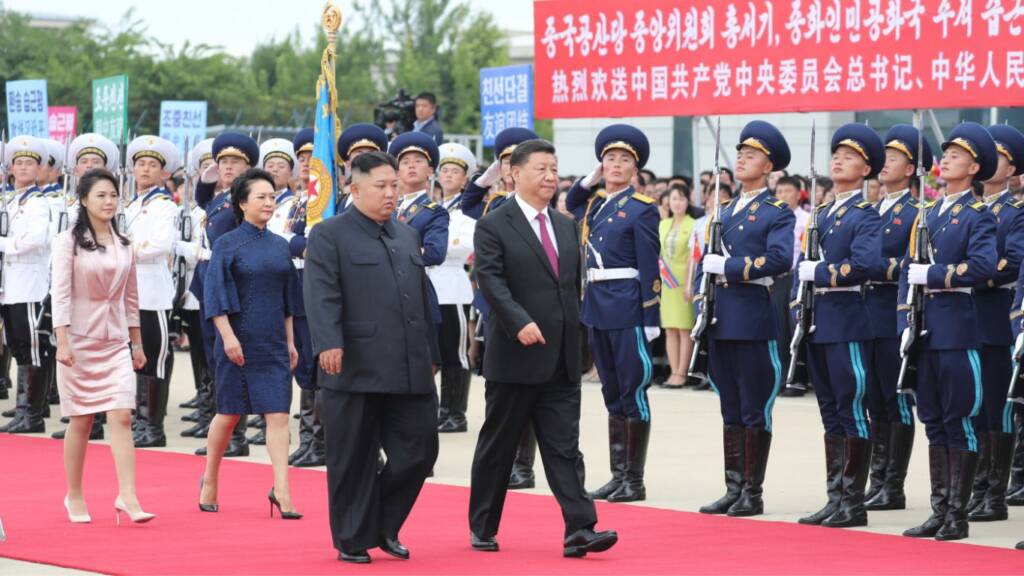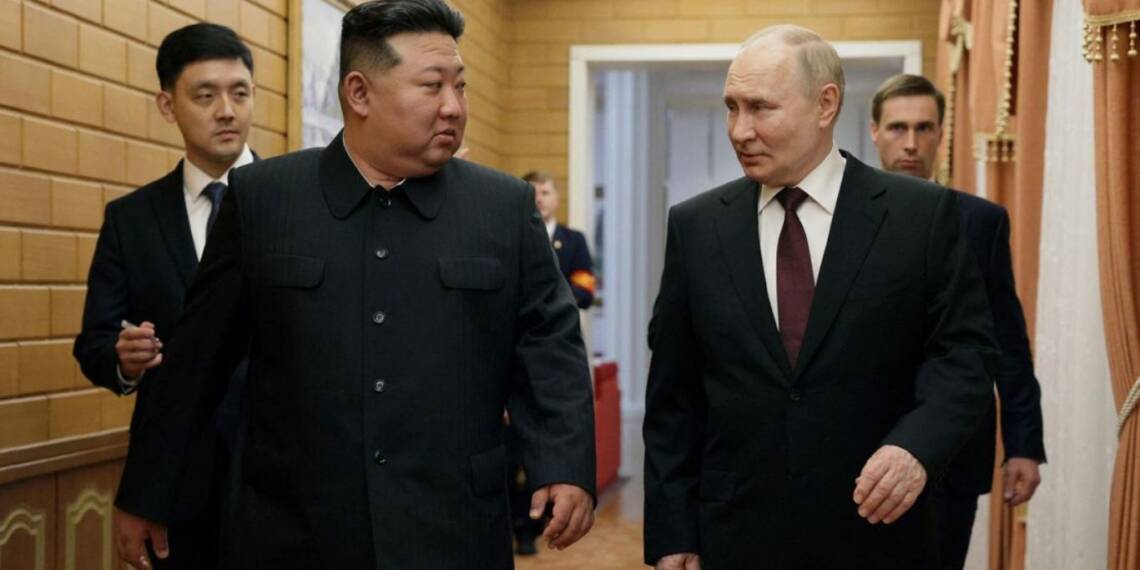There are claims that North Korea sent 10,000 elite soldiers to help Russia in the Kursk region. It is not clear whether Kim Jong-un took approval from China before making this big move.
But one thing is quite clear: Beijing is annoyed big time. China’s Xi Jinping is fuming at this budding partnership between two of its closest neighbours.
North Korean troops are unlikely to alter the course of the battle, it is expected to have a notable impact by further straining Ukraine’s dwindling supplies and manpower. This move also raises questions about China’s diminishing influence over its two neighboring powers: Russia and North Korea
Observers have noted a cooling of ties between China and North Korea in recent months. For instance, China’s ambassador notably skipped last year’s celebrations marking the anniversary of the Korean armistice signing. Furthermore, trade between China and North Korea has yet to rebound to pre-pandemic levels, even as trade between North Korea and Russia has surged. Nonetheless, China still dominates the majority of North Korea’s imports and exports.
As is typical, Beijing has refrained from openly criticising the deepening security ties between Pyongyang and Moscow. Ministry of Foreign Affairs spokesperson Lin Jian has consistently avoided direct comments, instead urging peace and restraint. When asked about the growing ties between the two neighbours, he simply stated that both are sovereign nations entitled to strengthen their partnership.
Despite its reserved public stance, Beijing has downplayed North Korea’s ability to make a significant impact in aiding Russia. Moreover, Chinese chairman Xi Jinping has taken subtle steps to distance himself from Pyongyang, notably omitting language from a recent letter to Kim Jong-un that traditionally referred to North Korea as a “friendly neighboring country.”

The deepening friendship between Kim and Putin is destabilising a delicate balance that Xi Jinping has worked to maintain in the region. The recent signing of a mutual defense treaty between Moscow and Pyongyang presents several challenges for Beijing.
1. North Korea’s Diversification of Support: Kim’s closer alignment with Putin suggests he is seeking political, economic, and military backing beyond China, signaling that Xi is no longer North Korea’s sole patron.
2. Heightened Regional Alliances: The growing ties between North Korea and Russia are pushing the US, South Korea, and Japan to strengthen their military cooperation, exacerbating China’s regional anxieties.
3. Perceived Alliances: The potential for a perceived alliance between China, Russia, and North Korea risks drawing the world’s superpowers into a direct confrontation, something Beijing is eager to avoid.
4. Strained Regional ties: With tensions rising in contested waters like those between China and the Philippines, Xi risks further alienating ASEAN nations, causing regional allies to drift away from China’s sphere of influence.
Also Read: Putin readies his response to 300$ billion “theft”, plans to seize West’s assets
Some mistakenly perceive North Korea as a vassal state of China. However, Pyongyang has remarkably demonstrated its commitment to maintaining strategic autonomy. The recent treaty with Russia is yet another example of this independence.
An article by two South Korean scholars in the U.S.-based Foreign Affairs magazine suggests that the burgeoning ties between Kim and Putin have “irked” Beijing. Chinese officials are reportedly concerned that Russia’s influence over North Korea is growing at China’s expense, raising the temperatures further in the region.








